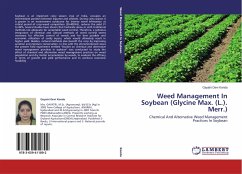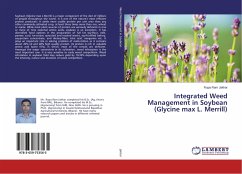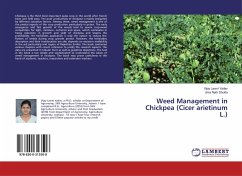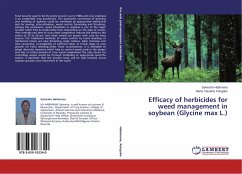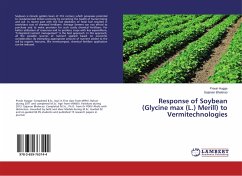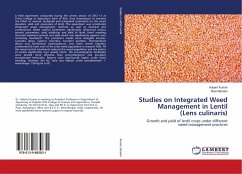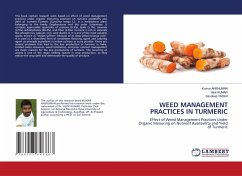Soybean is an important rainy season crop of India, occupies an intermediate position between legumes and oilseeds. During rainy season it is grown in an environment conducive for intense weed infestation at critical period of crop-weed competition (30-40DAS), reduces the yield 31 to 84%. Several studies have shown that herbicide alone or with traditional methods not adequate for acceptable weed control. Therefore, a judicious integration of chemical and cultural methods of weed control seems necessary for effective control of weeds and for best possible and economic utilization of costly inputs, which would ultimately result in higher yield. Besides, cultural methods also benefit the crop by improving aeration and moisture conservation. In line with the aforementioned views the present field experiment entitled "Studies on chemical and alternative weed management practices in soybean" was conducted to study the effect of chemical and alternative weed management practices on weedpopulation and dry matter accumulation by weeds, to evaluate the efficacy in terms of growth and yield performance and to workout economic feasibility
Bitte wählen Sie Ihr Anliegen aus.
Rechnungen
Retourenschein anfordern
Bestellstatus
Storno

